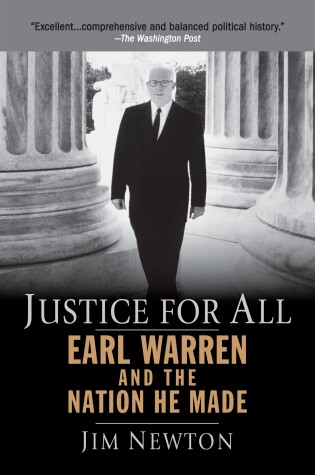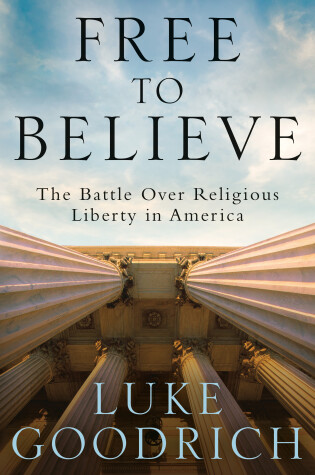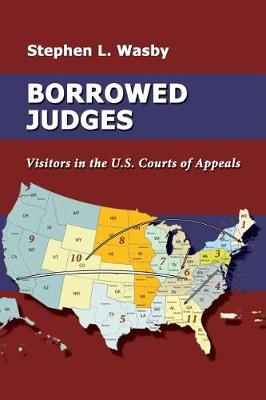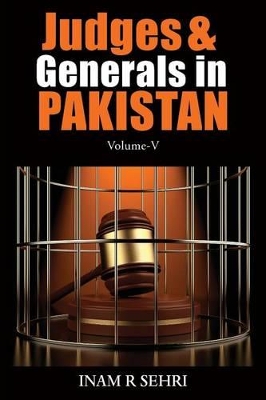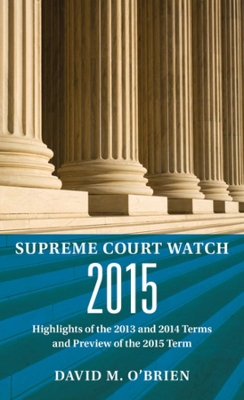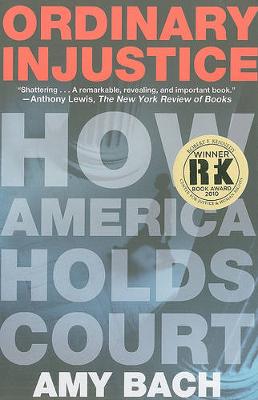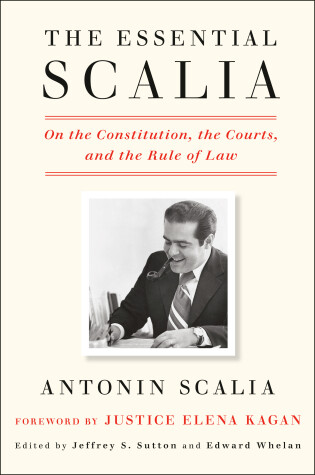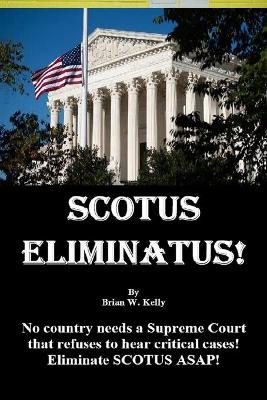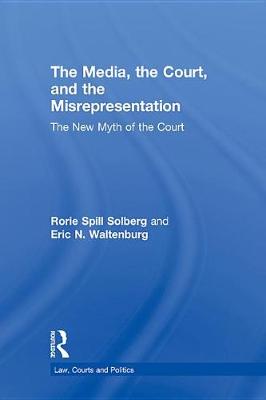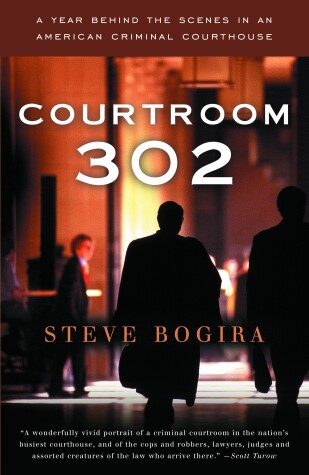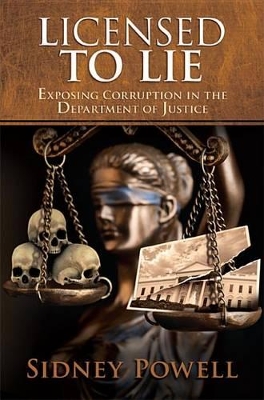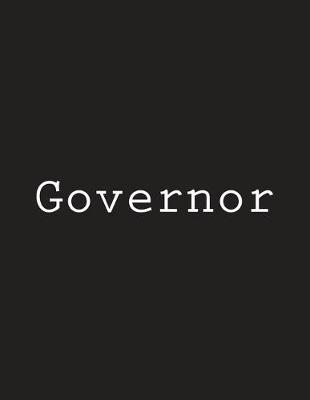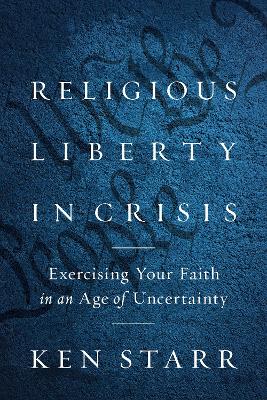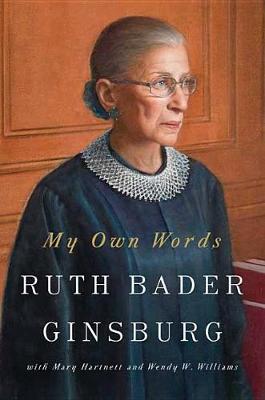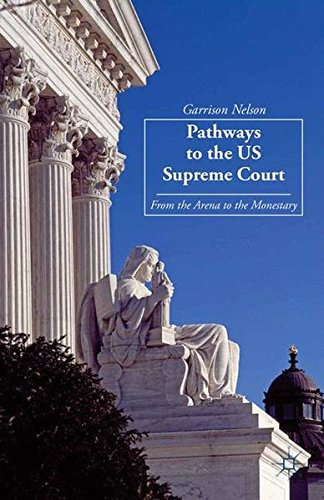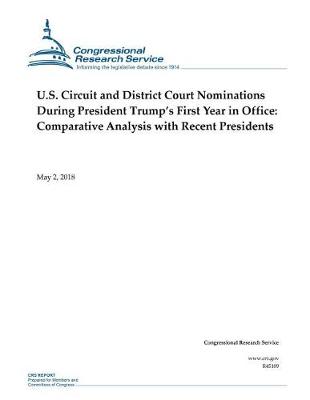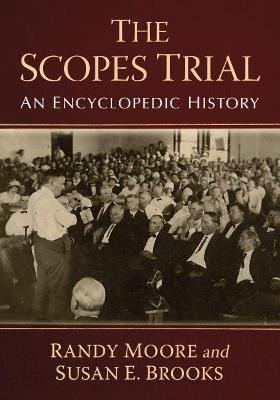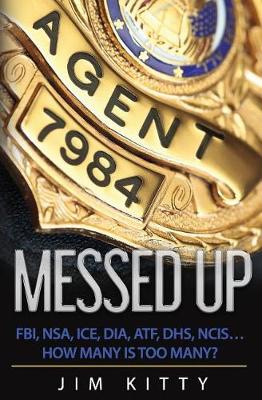One of the most acclaimed and best political biographies of its time, Justice for All is a monumental work dedicated to a complicated and principled figure that will become a seminal work of twentieth-century U.S. history. In Justice for All, Jim Newton, an award-winning journalist for the Los Angeles Times, brings readers the first truly comprehensive consideration of Earl Warren, the politician-turned-Chief Justice who refashioned the place of the court in American life through landmark Supre...
A leading religious freedom attorney, the veteran of several Supreme Court battles, helps people of faith understand religious liberty in our rapidly changing culture—why it matters, how it is threatened, and how to respond with confidence and grace. WINNER OF THE CHRISTIAN BOOK AWARD® • THE GOSPEL COALITION'S BEST BOOK OF THE YEAR, PUBLIC THEOLOGY & CURRENT EVENTS • NAMED ONE OF THE BEST BOOKS OF THE YEAR BY WORLD MAGAZINE Many Americans feel like their religious freedom is under at...
Collection of essays mostly published; dealing with Pakistan's chequered history of massive financial & intellectual corruption, abortive rule by two political parties in succession with higher judiciary's gimmicks during 1971 onwards; Constitutional Amendments which made political parties as family businesses & apex court's nexus making the politicians more corrupt.
Each annual edition of Supreme Court Watch offers narratives and analyses of legal disputes, political battles, and social confrontations as they unfold before the Supreme Court. Included are numerous excerpts from the justices' opinions and dissents on the most influential cases of the past term, as well as a preview of the cases awaiting the Court in the forthcoming term.
Over the course of his career at Harvard, Morton Horwitz changed the questions legal historians ask. The Transformation of American Law, 1780-1860 (1977) disclosed the many ways that judge-made law favored commercial and property interests and remade law to promote economic growth. The Transformation of American Law, 1870-1960 (1992) continued that project, with a focus on ideas that reshaped law as we struggled for objective and neutral legal responses to our country's crises. In more recent ye...
Supreme Court Justice Antonin Scalia in his own words: the definitive collection of his opinions, speeches, and articles on the most essential and vexing legal questions, with an intimate foreword by Justice Elena Kagan “[Scalia’s writings] are as readable today as they were when they first appeared. . . . Especially illuminating to anyone who wants to unlock the mystery of why Ginsburg admired Scalia—or who wants to get a sense of where the Supreme Court may be headed.”—The Wall Street Journal...
Majority Rule and Minority Rights
by Professor of History Henry Steele Commager
The Media, the Court, and the Misrepresentation (Law, Courts and Politics)
by Rorie Spill Solberg and Eric N Waltenburg
The Court's decisions are interpreted and disseminated via the media. During this process, the media paints an image of the Court and its business. Like any artist, the media has license regarding what to cover and the amount of attention devoted to any aspect of the Court and its business. Some cases receive tremendous attention, while others languish on the back pages or are ignored. These selection effects create a skewed picture of the Court and its work, and might affect public attitudes to...
Courtroom 302 is the fascinating story of one year in Chicago's Cook County Criminal Courthouse, the busiest felony courthouse in the country. Here we see the system through the eyes of the men and women who experience it, not only in the courtroom but in the lockup, the jury room, the judge's chambers, the spectators' gallery. From the daily grind of the court to the highest-profile case of the year, Steve Bogira’s masterful investigation raises fundamental issues of race, civil rights, and jus...
Popular interpretations of American government tend to center on the presidency. Successes and failures of government are often attributed to presidents themselves. But, though the White House stands as a powerful symbol of government, the United States has a separated system intentionally designed to distribute power, not to concentrate it. Charles O. Jones explains that focusing exclusively on the presidency can lead to a seriously distorted picture of how the national government works. The r...
What was unfathomable in the first two decades of the twenty-first century has become a reality. Religious liberty, both in the United States and across the world, is in crisis. As we navigate the coming decades, We the People must know our rights more than ever, particularly as it relates to the freedom to exercise our religion. Armed with a proper understanding of this country's rich tradition of religious liberty, we can protect faith through any crisis that comes our way. Without that unders...
"The first book from Ruth Bader Ginsburg since becoming a Supreme Court Justice in 1993--a witty, engaging, serious, and playful collection of writings and speeches from the woman who has had a powerful and enduring influence on law, women's rights, and popular culture"--
Pathways to the U.S. Supreme Court is a quantitative-historical recapitulation of the routes taken to the US Supreme Court by the 112 Justices who were confirmed by the Senate and served, and the 28 others whose candidacies for confirmation were defeated, withdrawn, or declined
U.S. Circuit and District Court Nominations During President Trump's First Year in Office
by Congressional Research Service
The 1925 trial of John Scopes in tiny Dayton, Tennessee remains a defining moment in American history. This "trial of the century"-a "media event" before the term was even coined-addressed issues that continue to affect our society today, such as school curriculum control, the ongoing tensions between science and faith in public schools and the ramifications of teaching evolution and human origins. This book is the first encyclopedic treatment of the Scopes Trial. The text draws on media report...
Messed Up - FBI, NSA, ICE, DIA, ATF, DHS, NCIS?How Many Is Too Many?
by Jim Kitty
